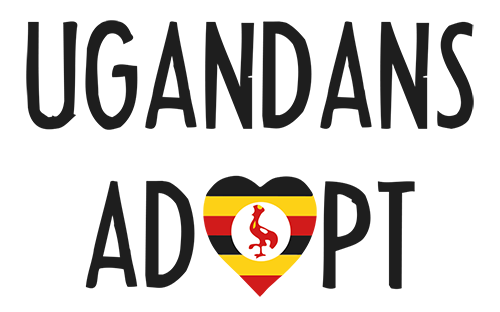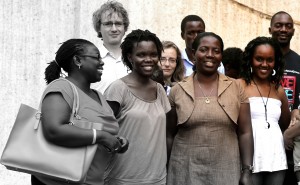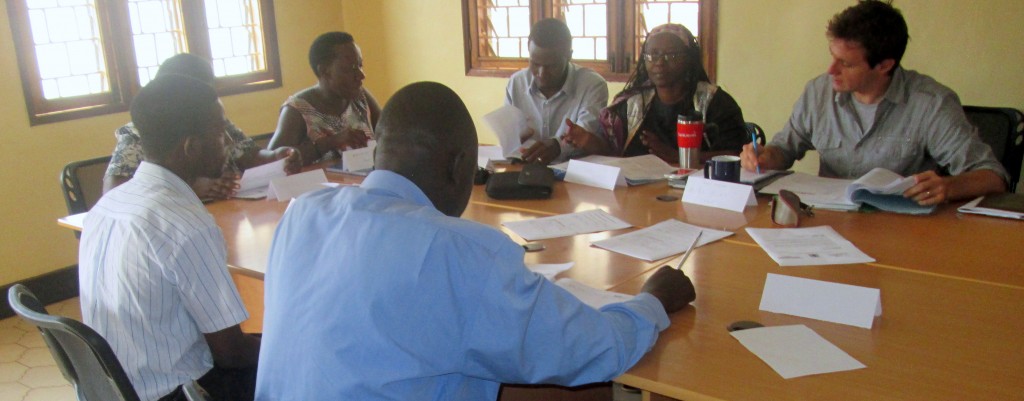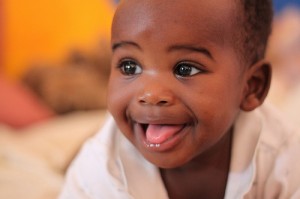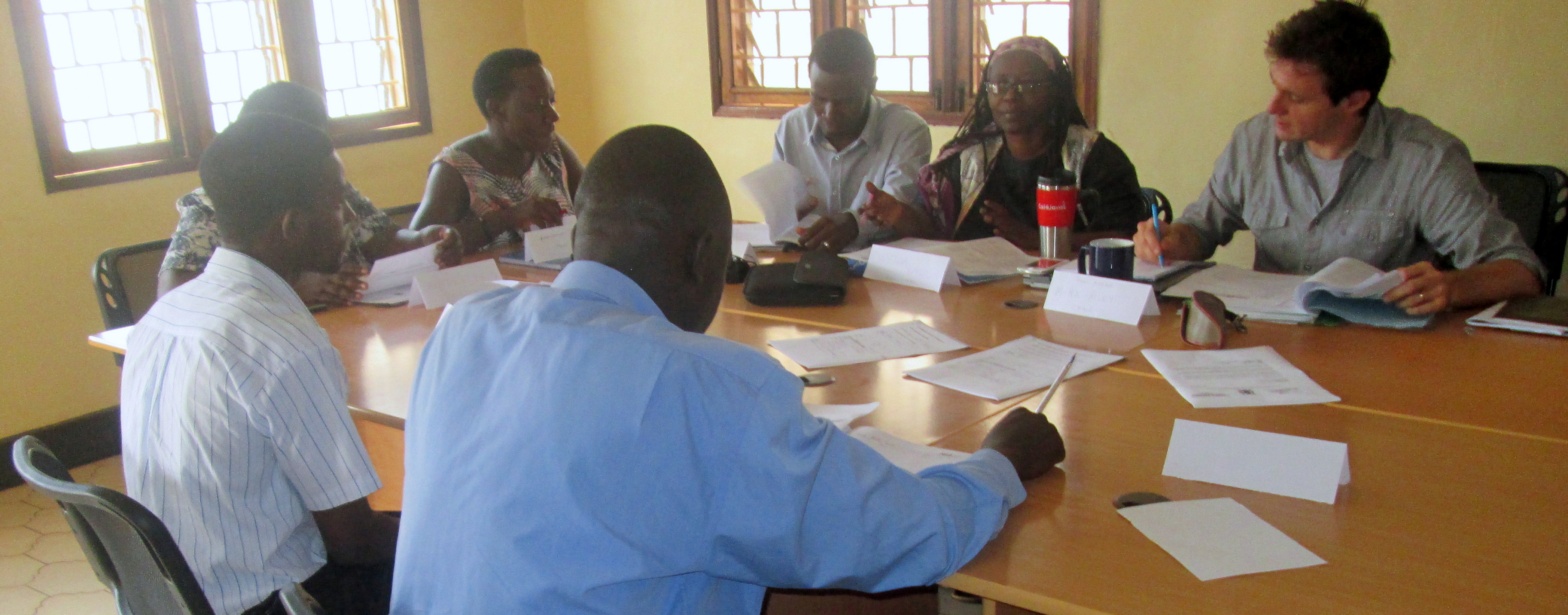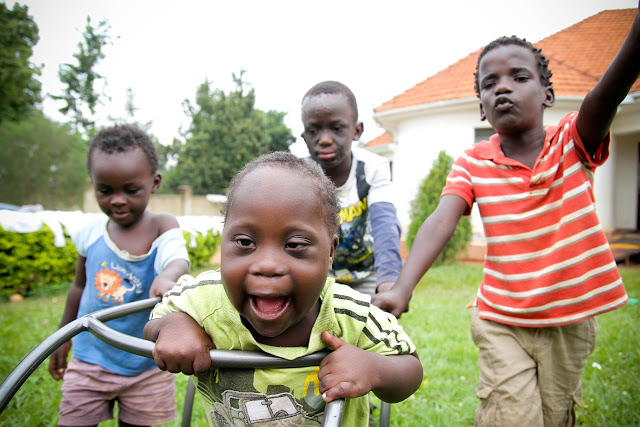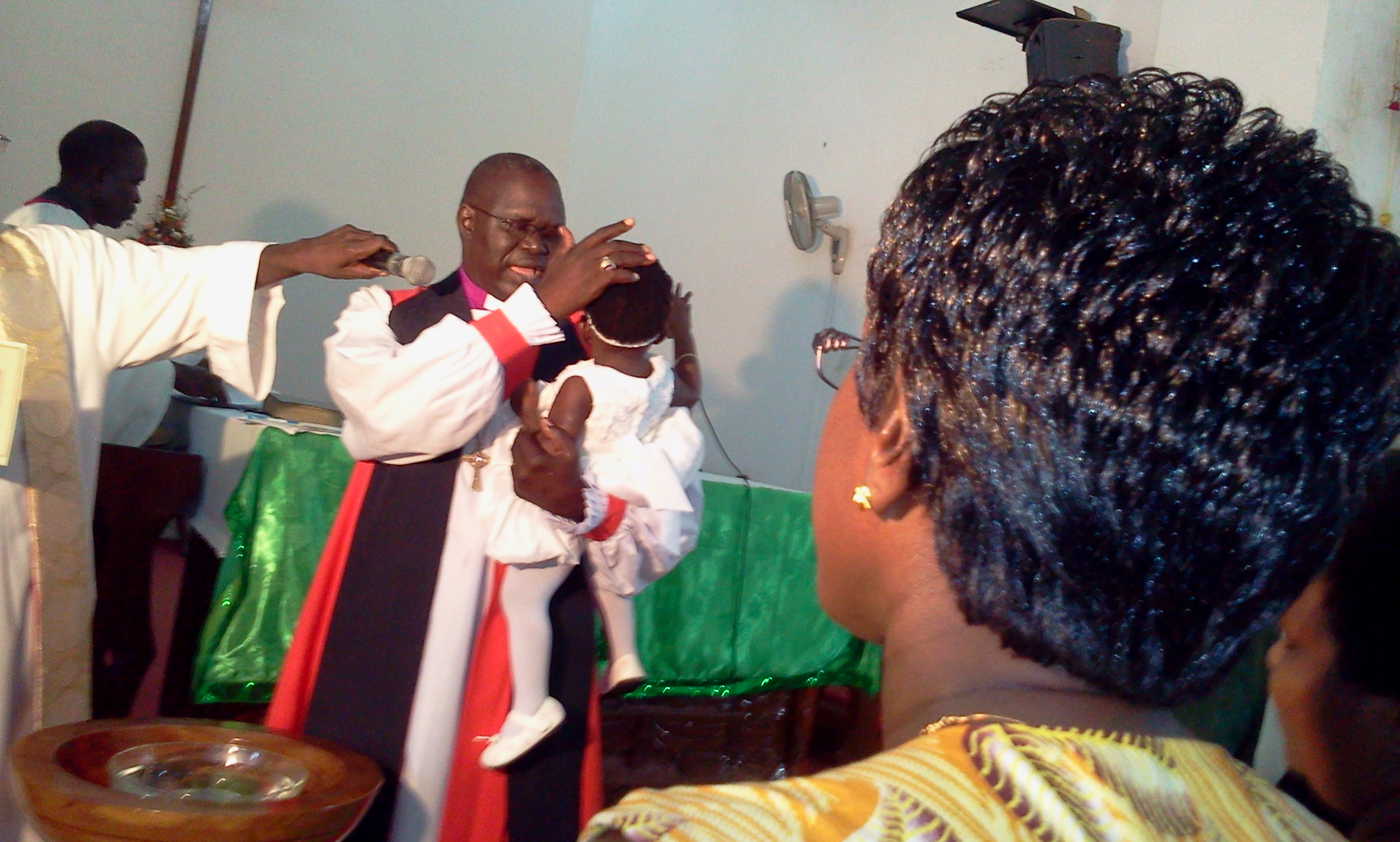Below we bring you the final part of Rukh-shana’s interview in which she discusses becoming a parent and how it has changed her life . In this part she also gives tips to Ugandan Prospective and adoptive parents.
How is your adoption experience so far? Has the experience been a good one?
 Rukh-shana: It’s been an amazing journey – not just for me and my little girl, but my family too. I have absolutely no regrets. Would we do it again? Absolutely.
Rukh-shana: It’s been an amazing journey – not just for me and my little girl, but my family too. I have absolutely no regrets. Would we do it again? Absolutely.
How has becoming a parent changed you?
Rukh-shana: I don’t recognize myself anymore. I am more patient and tolerant, and even my family has noticed that I’m less stressed. I guess knowing that there is this little person counting on you to keep it together really helps you keep your head. And she keeps me smiling, so I am feeling – and hopefully looking -younger.
What are some of the changes you have made?
Rukh-shana: Most were minor lifestyle-related choices, but the major one was connected to my career as a Corporate Relations Practitioner. It’s a profession with irregular working hours, so when I became a mum, I knew I needed to prioritize, and that meant making more time for bonding with my daughter. I swapped full-time formal employment for a more flexible option that gave me more time with her and it has been rewarding in many ways.
What have you learned most in this process?
Rukh-shana: I have learned that sometimes we think we are changing someone’s life, when actually we are changing our own lives too. We become better people and often growing into our own purpose and destiny without even knowing it. There is no greater reward than that.
What would you like to share with other adoptive parents?
Rukh-shana: Kudos to you for opening up your hearts and homes to the little ones. Never forget that children are a gift from God. Even when times are tough, stay committed to nurturing them the best way you know and God will honor you.
What would you like to tell Ugandan families or individuals who are thinking of adopting?
Rukh-shana: If you have fears, concerns or anxieties, get information, educate yourself and stop putting it off. There is a child in some home just waiting for you to welcome them into yours. I believe it’s one of the greatest acts of sacrifice, but also the most rewarding.
Finally, what are your last words to every Ugandan individual or family reading this article?
Rukh-shana: Some children come from mummy’s womb and others come from mummy’s heart. And you don’t need to be wealthy to adopt a child; all you need is a big enough heart. If you are reading this, you already want to make a difference. You can’t keep every child out of institution, but saving just one makes a huge difference to that child’s life.
To find out more on how you can adopt or become an adoptive parent like Rukh-shana, please send an email to [email protected] or call Aidah 0776110304
